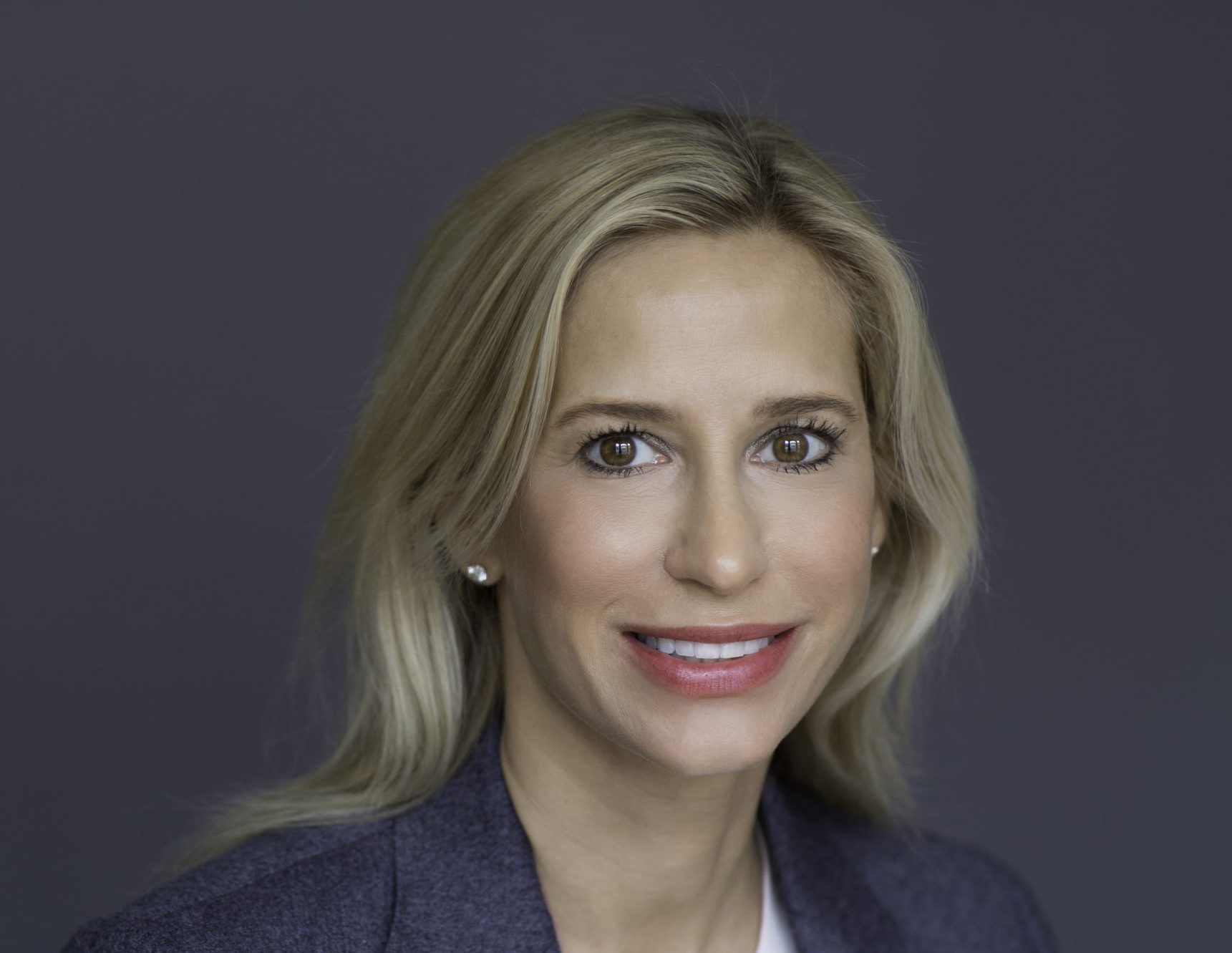How AI is vastly improving cancer treatment on a patient-by-patient basis

AI has already revolutionised cancer diagnostic capabilities, now it’s revolutionising cancer treatment as well. Laura Towart, founder and CEO of Vivan Therapeutics, explains how AI and robotics have enabled the company’s unique and innovative approach to tackling even the most resistant cancer cases, ahead of her talk at KTN’s Robotics & AI Industry Showcase, 25 – 27 May.
“Vivan Therapeutics works with patients with cancer and other genetic diseases to create the most personalised and optimised treatment for the specific variation of their illness.
“Despite advances in modern medicine taking place all the time, cancer remains so hard to beat because, even in a single patient, not all cancer cells are the same. Some treatments will work on some malignant cells, but not others, so oncologists will usually prescribe a mix of drugs with the hope of eradicating it all.
“At the moment, this approach is taken with little more than (very well-educated) guesswork. But AI and robotics are helping us change that.
“At Vivan Therapeutics, we take tumour biopsies to fully sequence a patient’s cancer, including all mutations that might assist the cells in resisting treatment. We then create a large-scale in-vivo model of the patient’s cancer by engineering the same tumours with the same mutational profiles into tens of thousands of live fruit-flies.
“Using the fruit flies, we’re able to test all FDA / EMA approved cancer treatments individually and in various optimised combinations, to discover the best treatment protocol possible for the patient and make recommendations to the patient’s oncologist.
“Obviously, an in-vivo model of this scale – vast in terms of numbers but almost microscopic in its intricacy, and with thousands of possible treatment combinations – would not be possible at scale if it was managed manually. Specially designed AI software is involved in everything from counting the flies to scoring the effects of the treatments, and even detecting the status of each individual fly’s health. Predictive modelling/deep learning is in development to predict best fit treatment combinations for patients based on the proprietary screening data. And we use robotics to assist with all elements of our drug screening and scoring platform.
“And, while Vivan Therapeutics is still a young company, this approach to cancer treatment is not theoretical. We have already seen a great deal of success in our first clinical trial at Mt Sinai Medical Center New York where we tested the technology on patients where all other treatments had failed. Now, in partnership with Imperial & Hammersmith Hospital, we have received funding from Innovate UK to trial our technology on GI cancer patients at the start of their cancer journey.
“We’re always on the lookout for new commercial partners to improve our automation workflow, but we’re also keen to give back to the UK robotics and AI community and share some of the breakthroughs we’ve had in-house, and I will be doing so personally at the Robotics & AI Industry Showcase later this month.”
Knowledge Transfer Manager, Robotics, Marie Emerson commented, “Vivan Therapeutics is an amazing business with a fantastic story to tell in their journey to help fight cancer. I’m really looking forward to hearing Laura’s story at the RAI21 Showcase, particularly how they are using their Innovate UK funding to trial their technology on cancer patients at the start of their journey.”
The Robotics & AI Industry Showcase virtual event will be held on 25 – 27 May 2021. To register to attend, visit, www.raishowcase.com.

